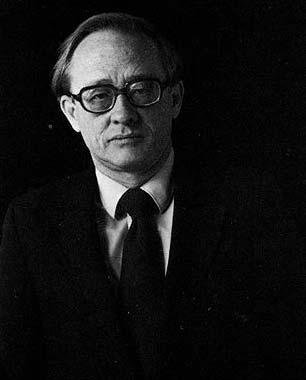

DAVID RAUP AND BALANCE
04/24/2016
I have one observation about Dave that I’d like to share with you.
We don’t become rich by doing paleontology; we do it because it fascinates us. Because of that, it’s common to have it take over, to spend all of our time on our science. Hours spent at work become a point of pride, a badge of honor, a measure of commitment. Professors have been known to come in late at night and check to see which students are still at work.
Dave provided an alternative. He did this not be lecturing, but by how he lived.
When I was in graduate school at Chicago in the late 1980’s, Dave generally arrived about 8:30 in the morning. Through the morning, he worked in his clean, uncluttered office. It was remarkable in that the only papers that were visible were the ones he was working with at the moment. It showed what focus can look like.
At noon, he would walk across the hall to join the graduate students for lunch. Dave was such an intellectual giant that you might expect the conversation to be technical and high-powered. Sometimes it was, but often it was about the Bulls or the Bears, or about politics, or whatever small bits that come up in regular conversation. Dave listened and laughed, and when he spoke, he was invariably perceptive.
Promptly at one o’clock, Dave would get up to smoke a cigarette and go back to work. He’d do so until about five o’clock, when he would walk out of the building, often empty-handed. It was not clear to me at the time what Dave did in the evening, but what was clear was that he had a life beyond his science.
To see someone at the top of their field, a member of the National Academy, approach their science and their life this way had an enormous impact. It wasn’t necessarily hours that mattered, it was the focus and the quality of the work that counted in the end.